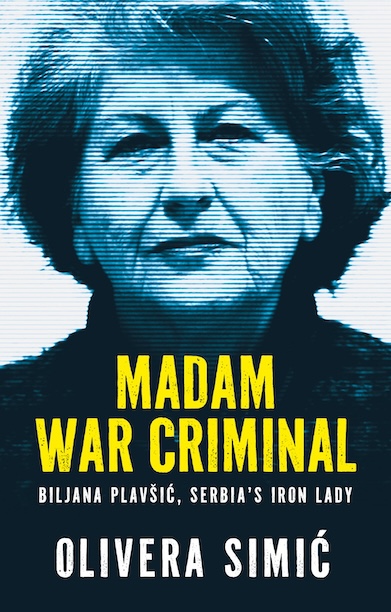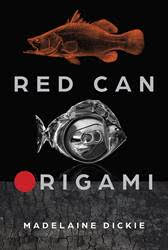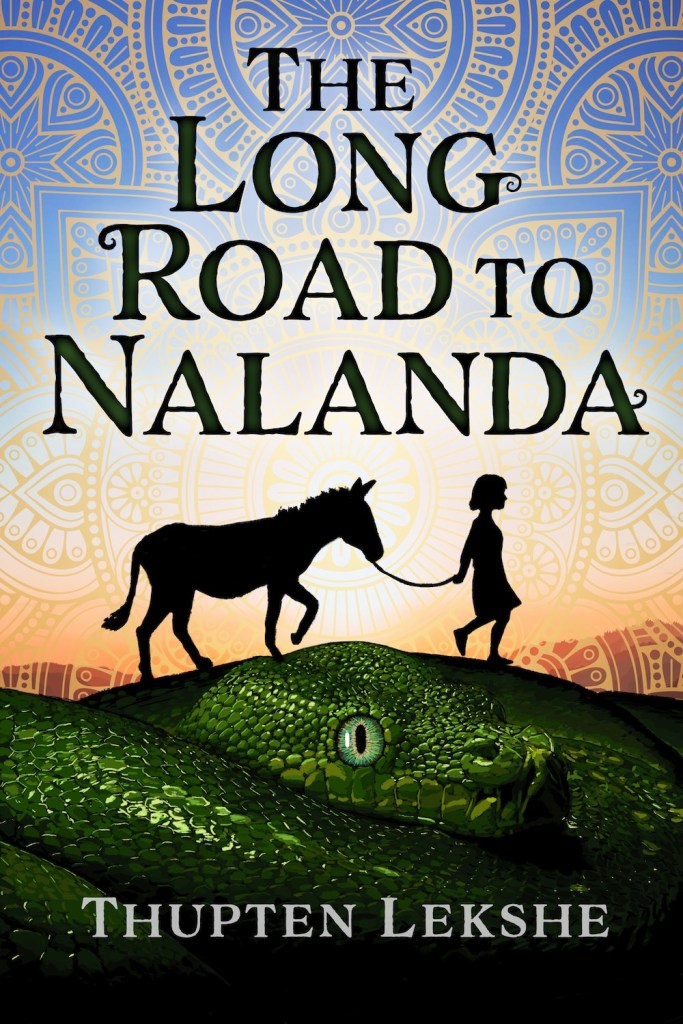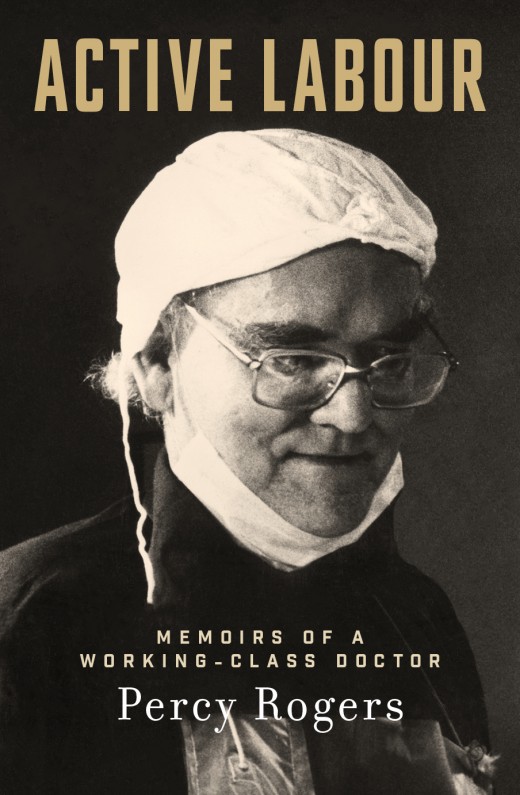
Writers who approach me about a mentorship are passionate about their writing projects, but many are plagued with doubts — usually about the standard of their writing and the marketability of the content. I consider it a privilege to mentor writers who are seeking an experienced manuscript assessor and editor who understands the rocky road that precedes submission to publishers […]

You’ve worked hard to pull your writing project into shape, you’ve drafted and redrafted it until you know it inside out. You want to submit your manuscript to a publisher in the hope it will be the next bestseller. But before you do, consider the advantage of handing it over to a reputable manuscript assessor for an objective critique. Most […]

I read a lot of historical fiction and I have my favourite authors of the genre: Peter Carey, Geraldine Brooks, Tracy Chevalier, Barbara Kingsolver, Hilary Mantel, Kate Grenville and Markus Zusak. I have also been blown away by so many emerging historical fiction authors whose unpublished novels are sent to me for assessments. I love being able to immerse myself […]

Maybe you are reading this article because the final draft of your thesis or academic book/research paper is ready for submission. You have read, researched, written, reviewed, revised, rewritten and carefully edited every sentence, checking that your arguments and research really get you, logically and clearly, from the aims to the conclusions. Now’s the time to hand it over to […]
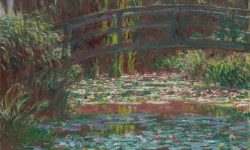
Superfluous words are the enemy of good writing. Sometimes (many times) I come across writing that includes adjectives and adverbs that are wrongly chosen to ‘qualify’ another word. William Shrunk Jr. (1869—1946) was an English professor who wrote in his book ‘The Elements of Style’: “‘Rather’, ‘very’, ‘little’, ‘pretty’— these are the leeches that infest the pond of prose, sucking […]
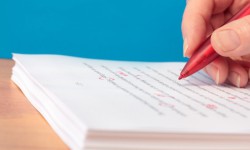
Self-editing one’s own writing is an important step in the writing process, but it’s hard to be objective, and there comes a time when engaging a professional editor is worth the financial outlay. Although using an AI writing generator may suit some writing projects such as letters, social media posts, manuals and handbooks, there are drawbacks if your project is […]
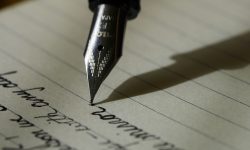
It may seem strange to think of sentences as having personalities that respond to the mood of the subject of the writing. In fiction, they often suggest what may be happening beneath the surface, or hit us between the eyes with something unexpected, or just express the tragedy of the moment with despair or resentment. A rhythmic flow can be […]

If you’re ready, or nearly ready, to have your writing (fiction or non-fiction, thesis or academic paper) proofread (or lightly edited), then why not contact me with a brief overview of your project and any specific requests for assistance (such as a looming deadline or the need to stop writing!). I understand that it takes courage to hand over one’s […]

I often stand and commune with Pablo Picasso’s 1937 painting, ‘Weeping Woman’. It conveys extreme sadness, much of what is experienced by humans, near and far, today. I run my eye over it, wondering whether there’s something that I may have missed since I last stood before it. I go early, alone, with an art buddy, or with a few […]

This is my second article about words that have been used in the wrong context by writers whose manuscripts I have assessed, edited or proofread. Was it a historic or historical event? Was it a continual or continuous noise? Is someone illusive or elusive? The confusion can occur because these words are spelt similarly or sound similar, or both, so it’s understandable […]











